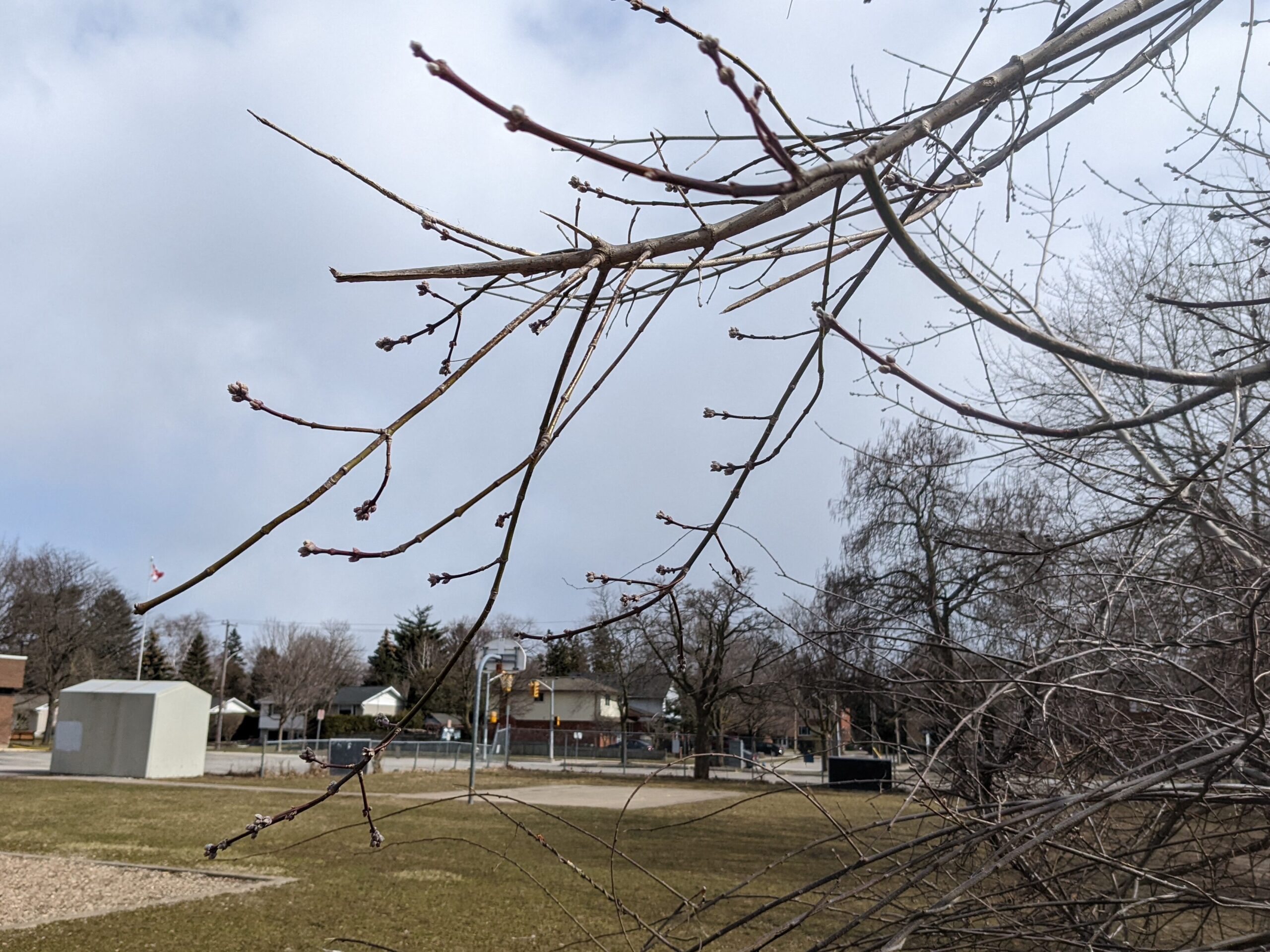I often wonder when people hear the phrase “spring cleaning,” if they also consider their electronic clutter. My spring cleaning cues are almost always based in the physical world. Notably when the strong sunshine streams through the windows illuminating dust. It’s also likely that opening windows in spring contributes to the dust, but maybe that’s part of the process, too.
It’s likely a combination of factors in spring that motivate a cleaning urge. Perhaps it’s the nicer weather or longer days. This may give people that much needed boost of energy to tackle the cleaning. Or perhaps it’s more psychological that a good, thorough cleaning feels good after being inside during the winter months. I suppose it’s symbolic of a fresh start. Or yet, for others it may be the changing seasons prompt a routine of switching out clothes, refreshing things, replacing the battery in the smoke detector, etc.
Whatever the reason, spring cleaning is part of our culture. However, it doesn’t seem to impact our digital world in quite the same way. Perhaps this is because we don’t see dust accumulating on our digital hoards. And we never struggle to shut that digital closet since it’s so easy and cheap to buy more (virtual) space.
We have access to more information than ever. The reduced cost of digital storage and having everything available in digital formats has changed the dynamic. Confronting us is an abundance of digital “stuff” that amounts to more than hoarding. It’s crossed beyond overload and is pure gluttony.
When we only dealt with physical items, we could never save everything.
- Physical items take up space, which many of us don’t have in limitless supply.
- The time investment needed to organize, store, and maintain everything would be enormous. So we routinely get rid of it.
- Sometimes physical items get destroyed, used up, or fall apart. This makes makes the decision to part with them easy and necessary.
However, confronted with our gluttony of digital assets, it’s a different landscape and a new kind of problem. The task of maintaining and managing it is too overwhelming. It leaves us greedy for more without good solutions in place to control our excessive indulgence for information.
Digital overload is real. Spring cleaning for it is not sufficient as too much will accumulate in a year. My proposal is to focus on the strategic save. Purge the rest. Routinely.

